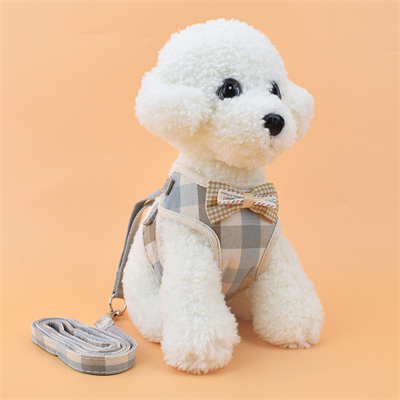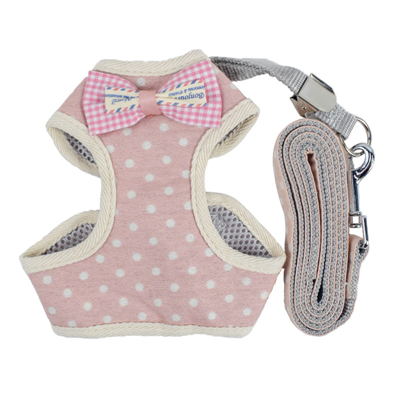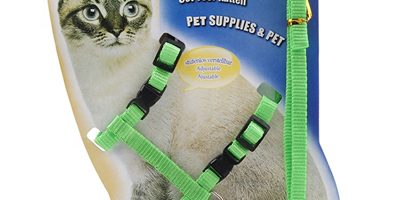Selecting age-appropriate toys for your dog is essential to ensure their safety, engagement, and overall well-being. Here’s how to choose the right toys for your dog’s age and developmental stage:
1. Puppy (Up to 1 Year):
- Soft and Plush Toys: Puppies have baby teeth and sensitive gums. Soft and plush toys are suitable for chewing and cuddling.
- Teething Toys: Invest in toys designed for teething puppies. These are often made of softer rubber or have special textures to soothe sore gums.
- Small Rubber Toys: Small rubber toys like Kongs designed for puppies can be great for both teething and mental stimulation. You can stuff them with treats or peanut butter.
- Interactive Toys: Toys that dispense treats or have hidden compartments can engage your puppy’s developing problem-solving skills.
- Chew Toys: Durable rubber or nylon chew toys are excellent for strengthening teeth and providing an outlet for chewing urges.
- Squeaky Toys: Puppies often enjoy the sound of squeaky toys, which can stimulate their curiosity.
- Plastic Rings: Stacking rings or similar toys can help with motor skill development.
2. Adult (1 to 7 Years):
- Durable Chew Toys: Adult dogs have stronger jaws, so choose tough and durable chew toys made from materials like rubber or nylon.
- Fetch Toys: Balls, flying discs, or rope toys can be great for interactive play and exercise.
- Tug Toys: Sturdy tug toys can strengthen the bond between you and your dog and provide a fun physical workout.
- Interactive Puzzle Toys: Engage your dog’s brain with puzzle toys that dispense treats or require problem-solving skills.
- Squeaky Toys: Many adult dogs continue to enjoy squeaky toys. Just ensure the squeaker is securely enclosed.
- Fetch and Retrieve Toys: Consider toys that encourage fetching and returning, such as ball launchers.
3. Senior (7+ Years):
- Gentle Chew Toys: As dogs age, their teeth may become more sensitive. Choose softer chew toys that are easy on their teeth and gums.
- Joint-Friendly Toys: Look for toys designed to promote joint health and mobility, such as puzzle toys that encourage gentle movement.
- Interactive Toys: Mental stimulation remains crucial for senior dogs, so continue using interactive toys and puzzles.
- Comfort Toys: Older dogs often find comfort in soft and cuddly plush toys, which can provide companionship and reduce anxiety.
- Scent-Based Toys: Scent-based games or toys that encourage your senior dog to use their nose can be mentally stimulating.
- Treat Dispensers: Use treat-dispensing toys to keep your senior dog engaged and motivated.
- Low-Impact Fetch: Consider softer or smaller balls for low-impact fetch games that are easier on aging joints.
- Retrieval Toys: Toys that encourage your senior dog to retrieve, even if they move more slowly, can help maintain their mental and physical health.
Regardless of your dog’s age, always supervise playtime, especially with new toys. Additionally, inspect toys regularly for signs of wear and replace them when they become damaged to prevent choking hazards or ingestion of small parts. Tailoring your choice of toys to your dog’s age and preferences can contribute to their overall happiness and well-being.






















